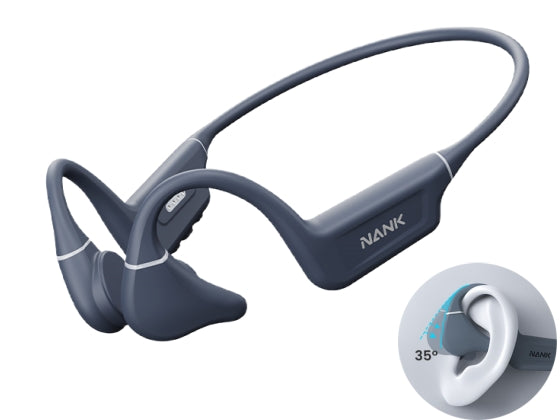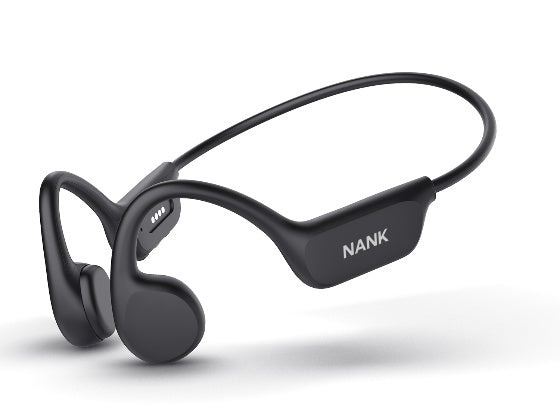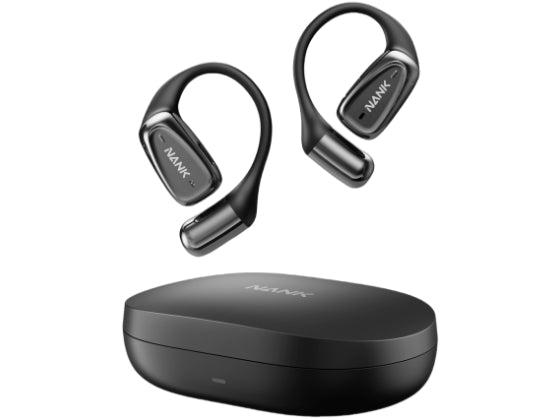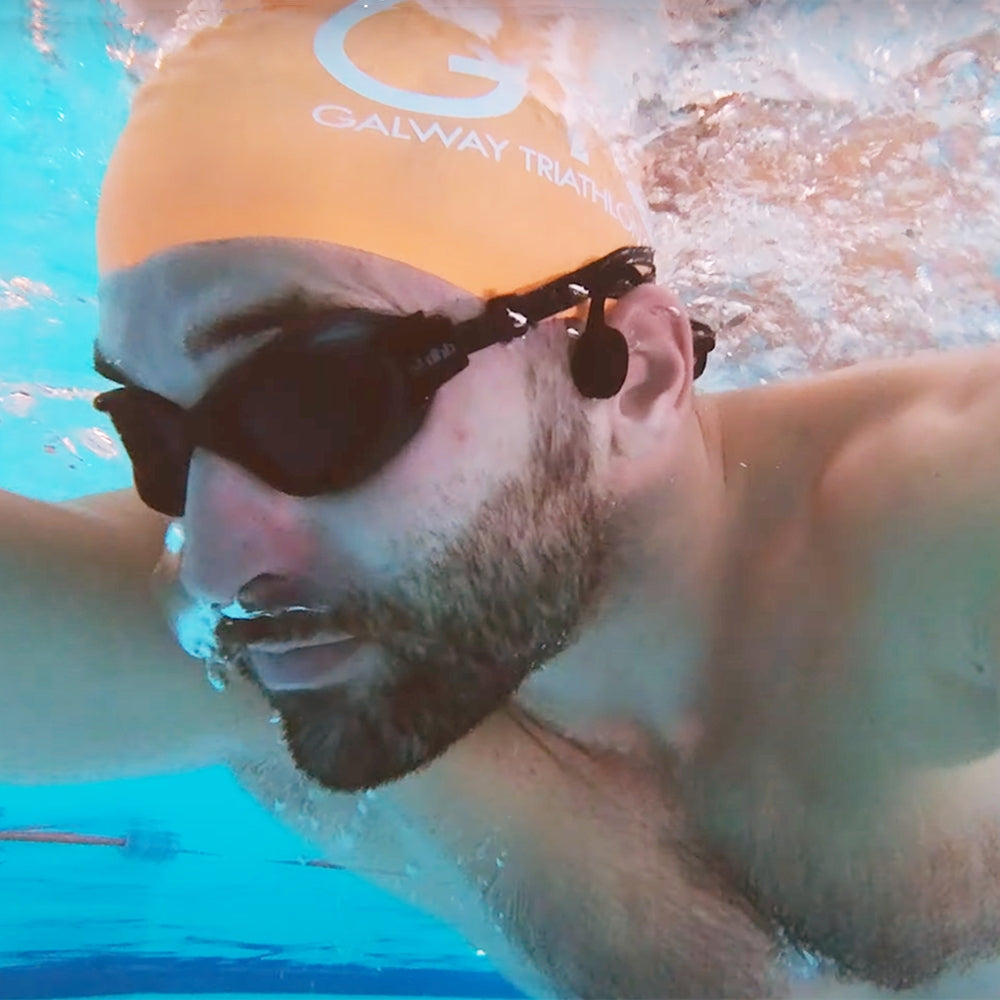Running a marathon is a major accomplishment that requires dedication, hard work and proper training. If you've run or are thinking about signing up for your first marathon, it's understandable that you might feel excited and intimidated. But with the right training and preparation, I'm confident that you'll have great success when you race - and that you'll even enjoy it. After all, the race is a celebration of all your training efforts.
So take a deep breath and keep reading for our best tips, tricks and expert advice to guide you all the way to the marathon finish line.

Create a Training Schedule
A well-structured training program is critical to your success, so you need to know what your goals are from the start. Most marathon training programs last between 12 and 20 weeks, depending on your current fitness level and race date. Your program should include key components: weekly mileage, long runs and rest days. I recommend following a reliable plan, such as those offered by running coaches or organizations like the Hal Higdon program. These programs will not only keep you on track, but will gradually build your endurance.
Incorporate Cross-Training
A well-structured training schedule is crucial for your success. Most marathon training plans range from 12 to 20 weeks, depending on your current fitness level and race date. Your schedule should include key components: weekly mileage, long runs, and rest days. I recommend following a reputable plan, such as those offered by running coaches or organizations like the Hal Higdon plans. These schedules will not only keep you on track but also build your endurance gradually.
Listen to Your Body

One of the most important lessons I've learned is to listen to my body. Rest and recovery are just as important as the training itself. If you feel unusually fatigued or feel pain, don't hesitate to take a break. Ignoring these signals can lead to injury, which can keep you from continuing to train. Adequate sleep is a must because sleep is the key to the body benefiting from all training, Molinaro said. “If you've had a really hard run and you feel exhausted the next day, but you plan to run, then you're better off taking an extra day off and getting back out there. Listen to your body and be flexible with your plan,” she advises.
Focus on Nutrition
Proper fueling is key to marathon training. You can start replenishing your energy 20 minutes into the race; if your carbohydrate reserves are depleted, it will be difficult to replenish them. During the race, aim for 30 to 60 grams of carbohydrates or two packets of energy gels per hour. As your mileage increases, so do your nutritional needs.
Hydration is equally important, especially during long runs. Try a variety of ways to replenish your energy - gels, chews or electrolyte drinks - to find what works best for you. Dehydration can be as bad as, if not more dangerous than, crashing, so combine fluid intake with gel intake, says sports nutritionist Monica Reinagel. She suggests drinking a glass or two of water or sports drink at each hydration station along the course. A well-nourished body is a strong body!
Choose Proper Gear
The right gear can make a big difference in how well you train. Choosing a quality pair of running shoes that fit the shape of your feet is crucial. Visit a specialty running shoe store and consider trying on several pairs. Comfort is key!
Also, don't overlook the importance of moisture-wicking clothing and accessories like hats and sunglasses. Moisture-wicking clothing absorbs and wicks away sweat to keep your body dry, enhance comfort, reduce chafing and skin irritation, and help regulate your body temperature to avoid overheating. Hats and sunglasses, on the other hand, protect the skin from the sun and minimize UV damage, while protecting the eyes and improving visibility, making running safer. In conclusion, choosing equipment wisely not only enhances athletic performance, but also ensures safety and comfort, and is an integral part of every runner's life.
Use Bone Conduction Headphone
At the beginning of running a marathon, overexertion may cause us to not be able to distract ourselves, and this is where we can download the songs or podcasts we want to listen to into our headphones, as listening to music and podcasts is a great way to motivate and distract ourselves during a long solo run. As for why we chose bone conduction headphones, it's because they are the preferred choice for safe running audio. Instead of being placed in the ear canal, they transmit sound to the inner ear through the cheekbones.

This way, you can listen while still hearing the traffic and noise around you.The Nank series is the leader in bone conduction headphones, using patented technology to ensure sound quality, a secure fit, and waterproofing, making them perfect for running any distance. Choosing the right pair of headphones for you can motivate your marathon music.
Related: Best 5 Sweatproof Headphones For Running
Practice Pacing
Finding the ideal pace can be tricky, especially during the adrenaline rush of race day. During training, practice your pace on long runs. Use a watch or running app to monitor your speed and adjust accordingly, Kastor recommends checking your pace around the first 5km to see if you're going too fast. The goal is to find a sustainable pace that allows you to complete the distance without getting exhausted. On race day, remember to go slower than you think you should.
Mental Preparation
When practicing long-distance running, we can visualize scenarios of success combined with positive self-suggestions, such as “I am ready”, which can boost self-confidence. Anticipating challenges and developing strategies to deal with them can help you stay calm under pressure. In addition, deep breathing or meditation can help to relax and focus. Trusting your efforts in training and reviewing the effort will also make you more confident. Sharing expectations and concerns with friends and family and gaining their support can ease tension.
Join a Running Community
Joining a local running group or connecting with an online community can provide invaluable support and motivation to keep you motivated and feeling like you belong during your training. Sharing experiences and knowledge between members can help you avoid common mistakes and better prepare for races. At the same time, participating in group training can increase the enjoyment of training workouts and diminish feelings of isolation. Training with other runners also improves results and pushes you to run faster and farther. I think the camaraderie and friendships built through running are one of the most rewarding aspects of this journey.
Plan for Race Day

As your training comes to a close, it’s time to think about race day logistics. Prepare yourself by familiarizing yourself with the race course, knowing where water stations are, and planning your pre-race meal. The night before, lay out your gear and have a plan for getting to the starting line. On race day, warm up properly and give yourself plenty of time to settle in before the start. Finally, have a post-race recovery plan in place to celebrate your accomplishment and help your body recover.
Conclusion
As you prepare for your marathon, remember that this journey is about more than just crossing the finish line—it's a celebration of your dedication, hard work, and the countless miles you’ve logged in training. Embrace the excitement, trust in your preparation, and enjoy the process. When race day arrives, take a moment to soak in the atmosphere, the energy of fellow runners, and the support from spectators. Whether you’re chasing a personal best or simply aiming to finish, each step you take is a testament to your resilience and commitment. So lace up those shoes, put on your headphones, and get ready to experience the thrill of the marathon. You've earned this moment—go out there and make it unforgettable!








